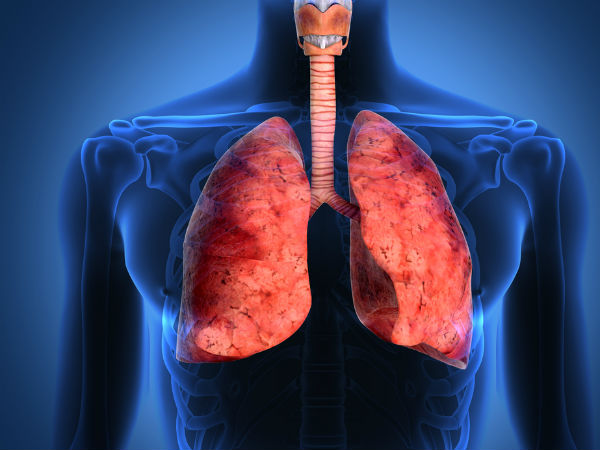Vaping may appear to be a less harmful alternative to traditional smoking, but it can inflict serious harm on the lungs. Regrettably, the popularity of e-cigarettes among young people is on the rise each year, posing a concerning trend that can have detrimental effects on respiratory health. Vaping exposes individuals to substances such as nicotine, ultrafine particles, flavorings like diacetyl, cancer-causing chemicals, and heavy metals such as nickel, tin, and lead. These elements can have adverse effects on respiratory health, contributing to conditions like popcorn lung, or bronchiolitis obliterans—a rare lung disease causing damage to the small airways and leading to the formation of scar tissue, obstructing airways.
Popcorn lung gained attention due to its association with workers in a microwave popcorn plant, especially those involved in flavoring the popcorn. Vaping, along with other factors like connective tissue diseases, is identified as a significant contributor to the development of bronchiolitis obliterans. Diacetyl, a chemical used for a buttery flavor in e-cigarettes, has been linked to lung damage when inhaled, resulting in scar tissue formation and airway blockage.
Symptoms and treatment:
While there is no cure for popcorn lung, its symptoms, including coughing, wheezing, and shortness of breath, can be managed, and further damage can be prevented. It is crucial to recognize the signs early on, as popcorn lung can lead to severe respiratory issues. Treatment options include anti-inflammatory drugs like prednisone, breathing aids through inhalers, such as albuterol, and oxygen therapy. In severe cases, a lung transplant may be considered as a last resort. It is essential to consult a doctor promptly upon noticing symptoms to ensure effective diagnosis and care. Additionally, vaping has been linked to lipoid pneumonia, characterized by inflammation in the lungs due to the inhalation of oily substances, and an increased risk of primary spontaneous pneumothorax, or collapsed lung, resulting from the rupture of lung blisters. Early detection of symptoms is crucial for proper management and care.

 हिंदी
हिंदी






